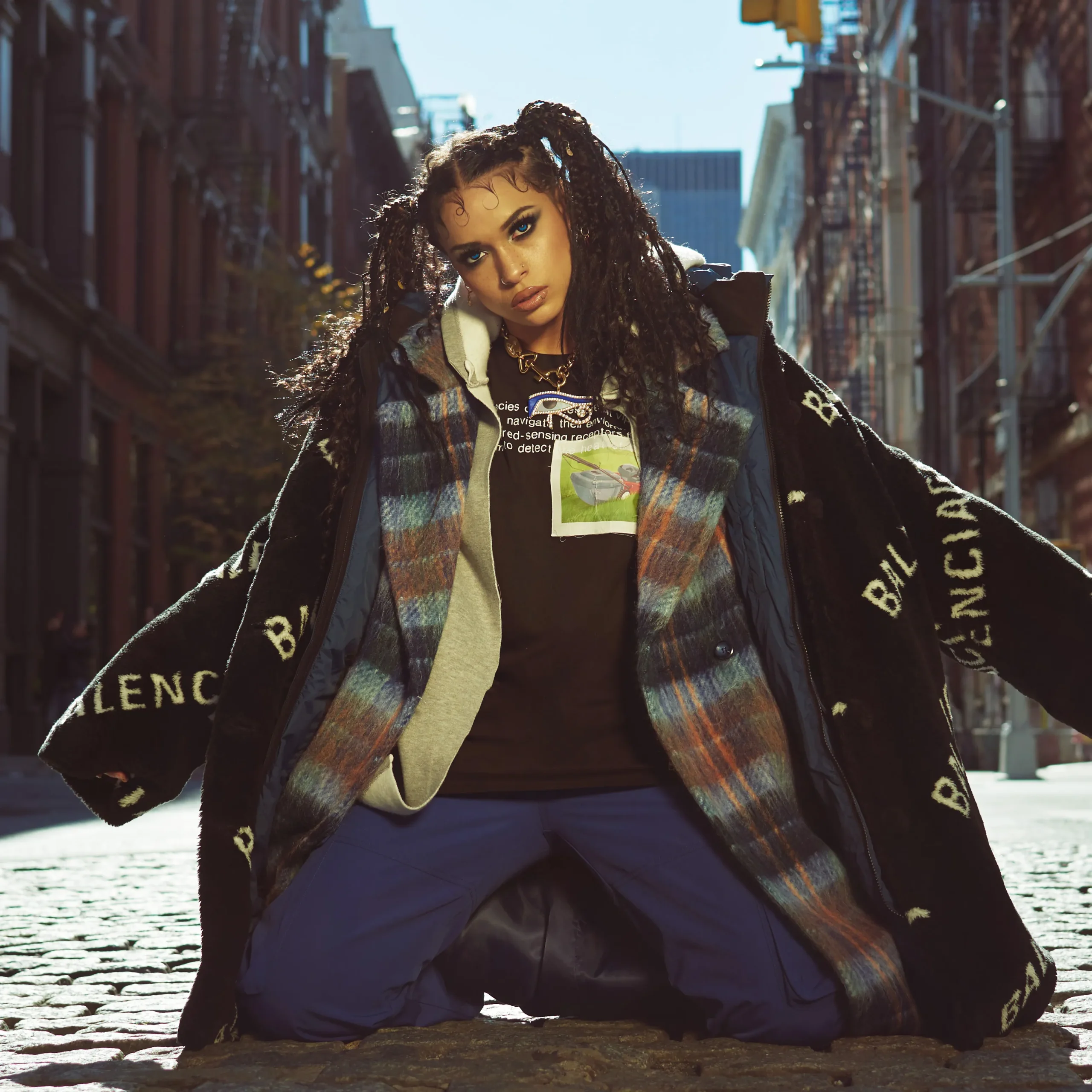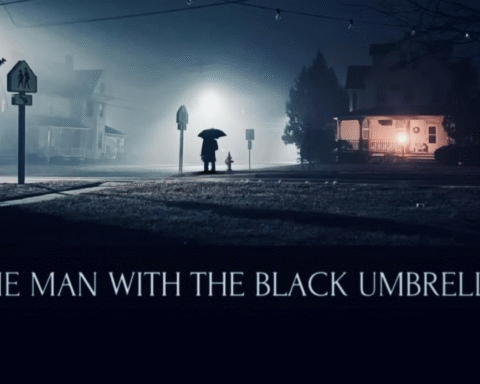In the ever-evolving panorama of contemporary music, Princess Nokia, Cardi B, and Janelle Monáe stand as monolithic figures, each wielding their unique sonic palettes to redefine the narratives surrounding feminine anger and authority. These artists, through their intricate tapestries of sound and lyricism, metamorphose personal and collective rage into powerful declarations of autonomy and resilience. Their music not only reverberates with the intensity of their emotions but also serves as a profound commentary on societal structures, gender dynamics, and the reclamation of identity.
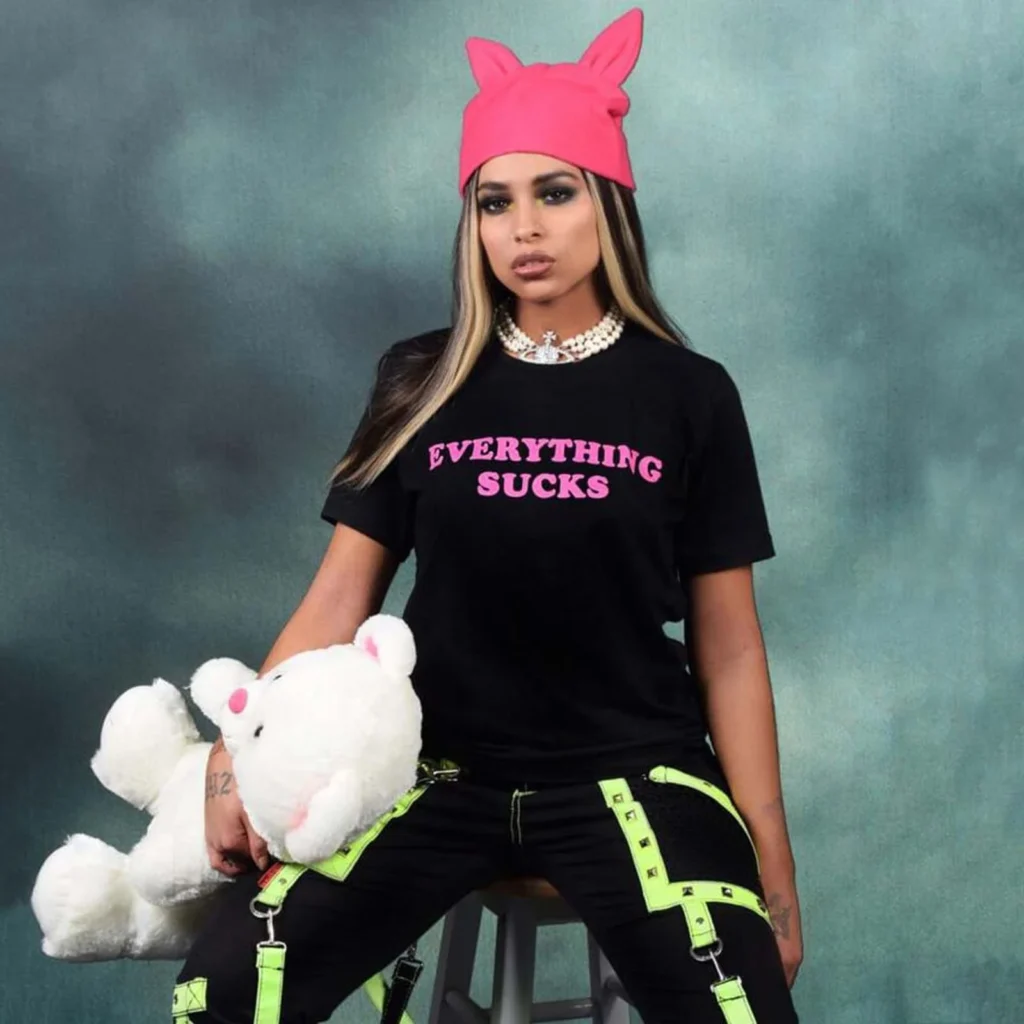

Princess Nokia, born Destiny Frasqueri, channels the raw energy of her multicultural heritage into anthems that celebrate individuality and defiance. Her 2016 album 1992 Deluxe is a vivid mosaic of her experiences as an Afro-Latinx woman navigating the labyrinthine streets of New York City. Tracks like “Brujas” delve into the mysticism and strength of her Afro-Indigenous ancestry, where she invokes the spirit of the bruja (witch) to reclaim a powerful identity often demonized by mainstream narratives. “Tomboy,” another seminal track, dismantles the rigid constructs of gender norms, celebrating her androgynous identity with unapologetic pride. Nokia’s music is a testament to the transformative power of anger, illustrating how rage can be harnessed to dismantle stereotypes and build a fortress of self-empowerment.


Cardi B, born Belcalis Marlenis Almánzar, ascended from the gritty reality of the Bronx to the pinnacle of global stardom with an unrelenting drive that is palpable in every beat of her music. Her breakout single “Bodak Yellow” is a sonic manifesto of self-made success, where she brazenly declares her financial independence and unfiltered persona. The track’s infectious hook, “I don’t dance now, I make money moves,” epitomizes her transition from a stripper to a chart-topping artist, challenging the stigmas associated with her past and transforming them into symbols of empowerment. Cardi B’s magnum opus, Invasion of Privacy, further cements her authority, with tracks like “I Like It” blending Latin trap and hip-hop to create a celebration of her Afro-Caribbean roots. Her collaboration with Megan Thee Stallion on “WAP” is a provocative reclamation of female sexuality, subverting the male gaze and affirming women’s agency over their bodies and desires. Cardi’s lyrical prowess, laden with brash authenticity and incisive wit, transforms her anger into an art form that deconstructs societal taboos and redefines female power.
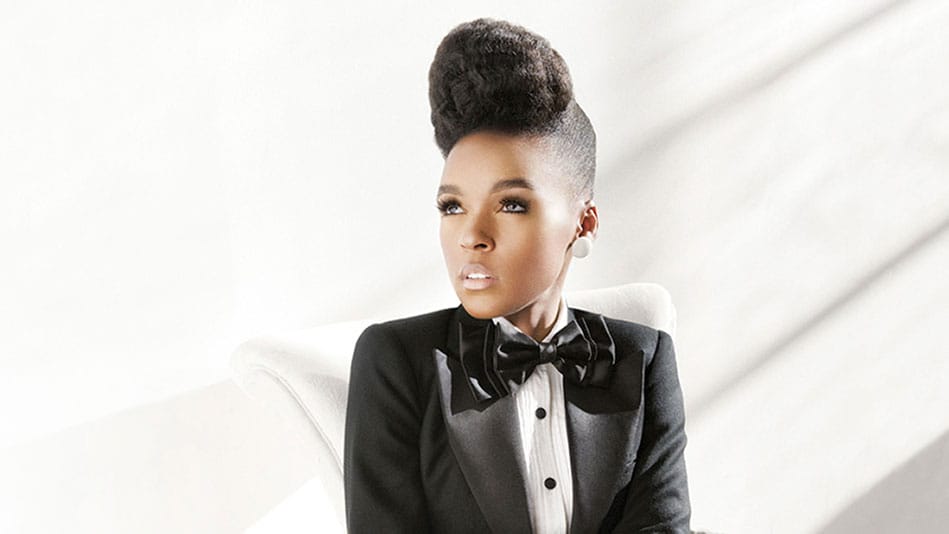
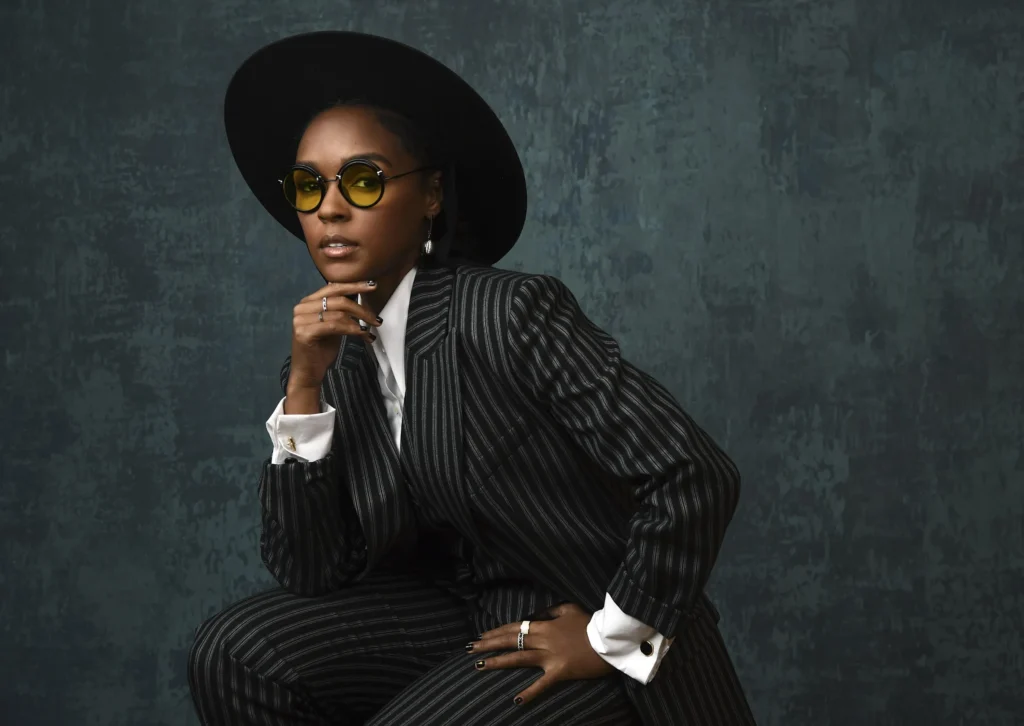
Janelle Monáe, the polymath of Afrofuturism, constructs her music as a narrative journey that transcends the temporal and spatial confines of the present. Her 2018 album Dirty Computer is a magnum opus that merges sci-fi aesthetics with poignant social commentary, addressing themes of race, gender, and sexual identity with unparalleled depth. The album’s lead single, “Make Me Feel,” channels the androgynous funk of Prince while celebrating bisexuality in a manner that is both sensual and politically charged. “PYNK,” a collaboration with Grimes, is a jubilant ode to the female form, subverting traditional notions of femininity with its vibrant visual and lyrical imagery. Monáe’s earlier work, particularly The ArchAndroid, presents a dystopian narrative where she embodies the character of Cindi Mayweather, an android revolutionary challenging a totalitarian regime. Through this allegory, Monáe critiques contemporary issues of systemic oppression, envisioning a liberated future where marginalized identities are celebrated rather than vilified. Her anger, meticulously woven into her lyrical and visual artistry, is a catalyst for change, inspiring a reimagining of societal norms and advocating for a more inclusive world.
Collectively, Princess Nokia, Cardi B, and Janelle Monáe compose a triad of revolutionary voices, each transforming their individual experiences of rage into a collective symphony of resistance. Princess Nokia’s invocation of ancestral power, Cardi B’s unapologetic celebration of self-made success, and Janelle Monáe’s visionary narratives of liberation coalesce into a formidable force that challenges the status quo. Their music serves as a clarion call for justice, urging listeners to confront the entrenched systems of patriarchy, racism, and heteronormativity with unyielding resolve.
Princess Nokia’s fearless embrace of her multifaceted identity, Cardi B’s defiance of societal stigmas, and Janelle Monáe’s utopian visions converge to redefine the constructs of feminine anger and authority. These artists, through their incandescent artistry, forge new pathways for women to express their rage and assert their power, transforming music into a potent medium for social change. Their legacies, inscribed in the annals of cultural history, continue to resonate, echoing the timeless struggle for equality and justice.
Through their voices, the symphony of rebellion endures, a perpetual reminder that anger, when channeled through the prism of creativity, becomes a formidable instrument of transformation and empowerment.
